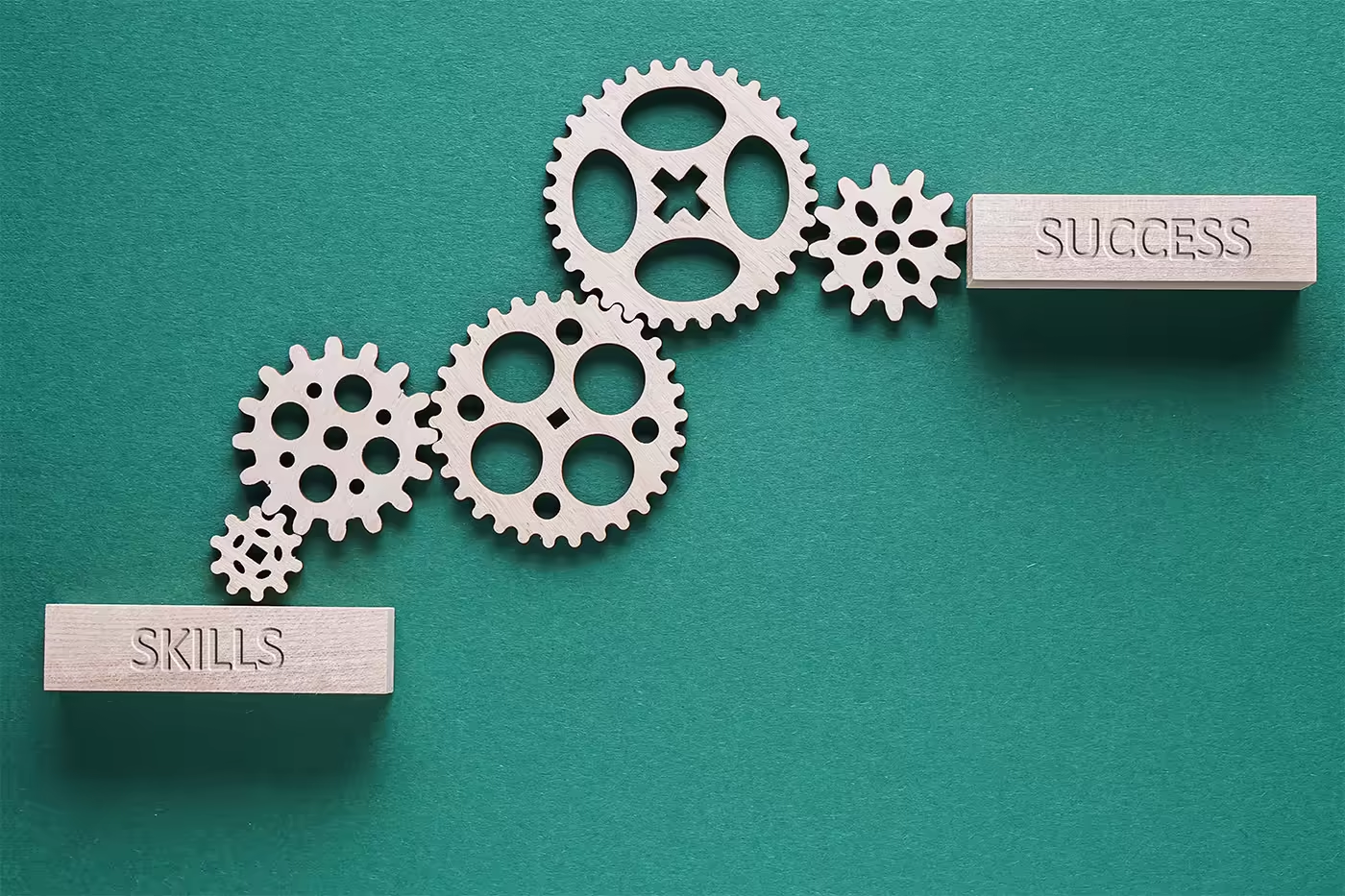We all want to succeed. And one path to success is identifying the habits that can help us on our journey.
These days, people look for quick fixes. They see a successful person, team, or organization and ask, "How do you do it? Teach me your techniques!" But these "shortcuts" that we look for, hoping to save time and effort and still achieve the desired result, are simply Band-Aids that will yield short-term solutions. They don't address the underlying condition. "The way we see the problem is the problem," Covey writes. We must allow ourselves to undergo paradigm shifts to change ourselves fundamentally and not just alter our attitudes and behaviours on the surface level in order to achieve true change. The following suggested 7 habits are based on work by Dr Stephen Covey.
1. Sharpen the growth.
Don’t work yourself to death. Strive for a sustainable lifestyle that affords you time to recuperate, recharge and be effective in the long-term. Balance and renew your resources, energy and health to create a sustainable, long-term, effective lifestyle. It primarily emphasizes exercise for physical renewal, good prayer and good reading for mental renewal. It also mentions service to society for spiritual renewal.
2. Be proactive.
You have a natural need to wield influence on the world around you so don’t spend your time just reacting to external events and circumstances. Take charge and assume responsibility for your life.
3. Begin with an end in mind.
Do not spend your life working aimlessly, tackling whatever job is at hand. Have a vision for the future and align your actions accordingly to make it into a reality.
4. Put first things first.
To prioritize your work, focus on what’s important, meaning the things that bring you closer to your vision of the future. Do not get distracted by urgent but unimportant tasks.
5. Think win-win.
When negotiating with others, do not try to get the biggest slice of the cake, but rather find a division that is acceptable to all parties. You will still get your fair share, and build strong positive relationships in the process.
6. Seek first to understand, then to be understood.
When someone presents us with a problem, we often jump right to giving a solution. This is a mistake. We should first take time to really listen to the other person and only then make recommendations. Use empathetic listening to genuinely understand a person, which compels them to reciprocate the listening and take an open mind to be influenced by you. This creates an atmosphere of caring, and positive problem-solving.
7. Synergize.
Adopt the guiding principle that in a group, the contributions of many will far exceed those of any individual. This will help you achieve goals you could never have reached on your own.
Tinotenda Sibanda is a Business Consultant at Industrial Psychology Consultants (Pvt) Ltd, a business management and human resources consulting firm.
Phone: +263 242 481946-48/481950
Email: tinotendas@ipcconsultants.com
Main Website: www.ipcconsultants.com

